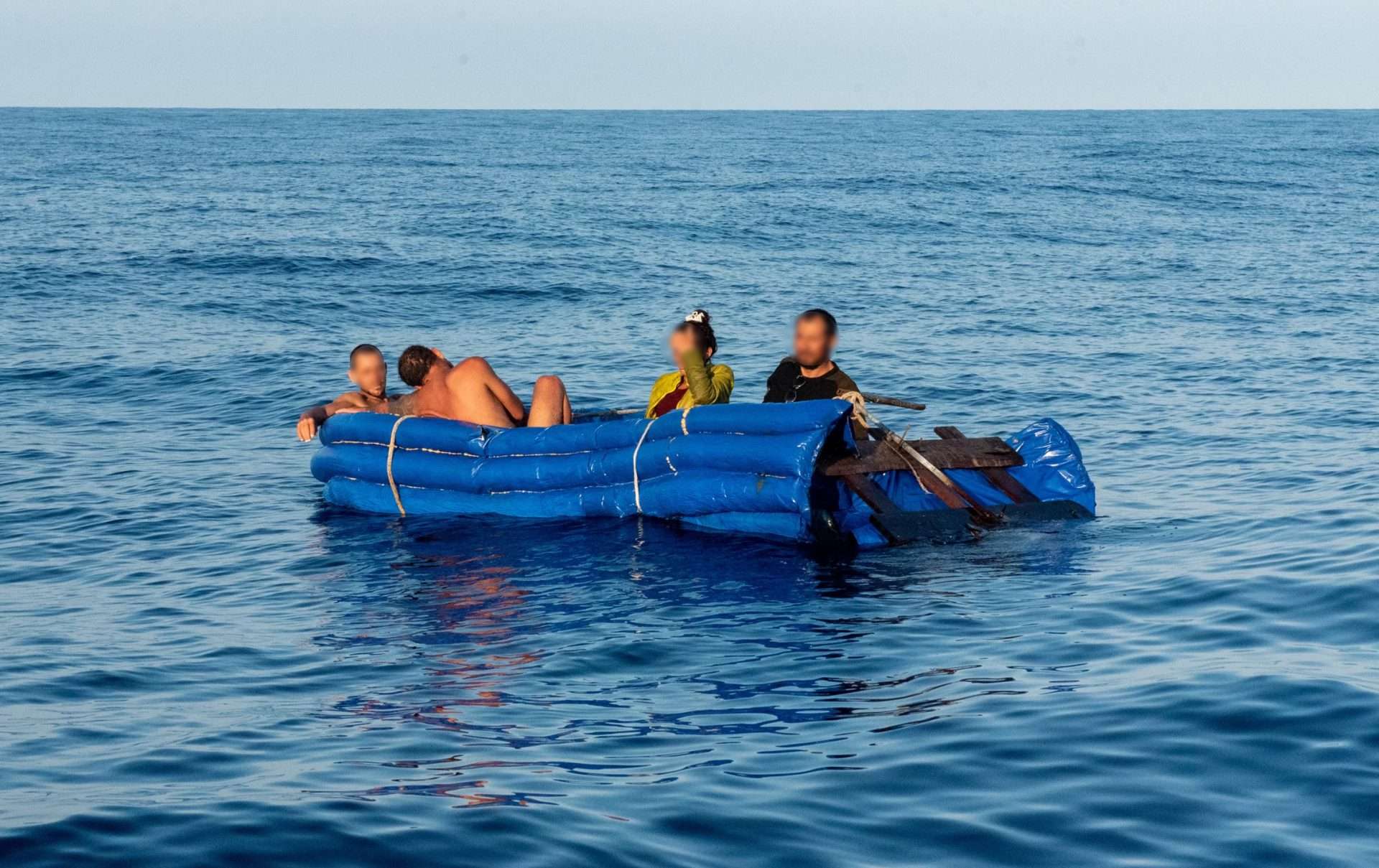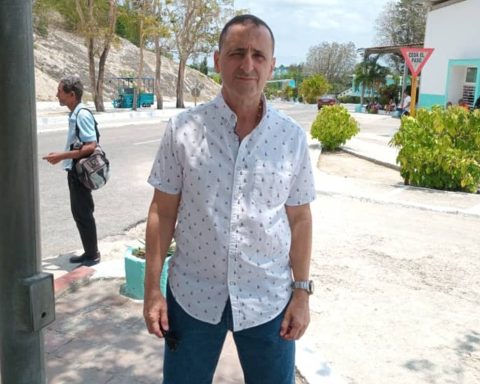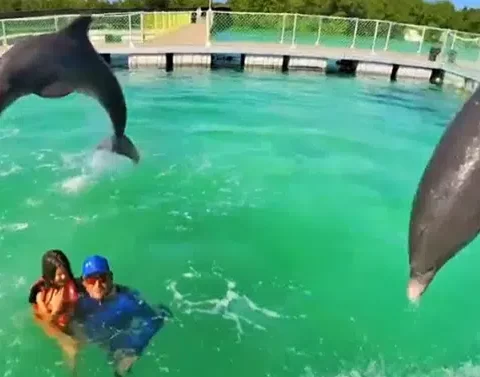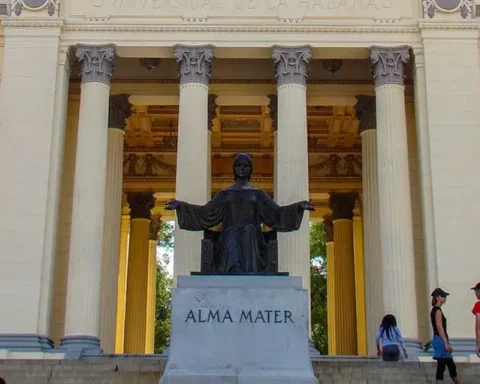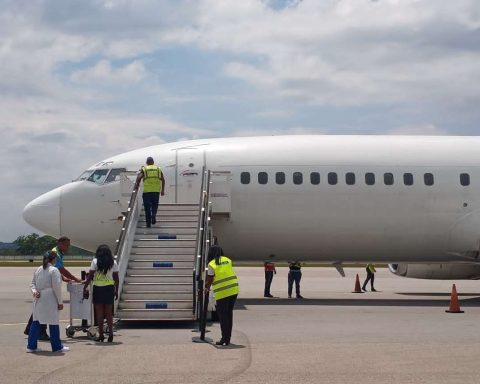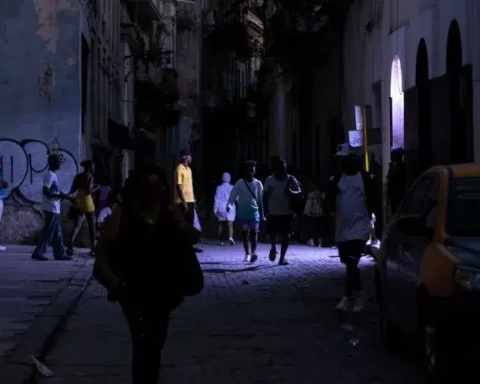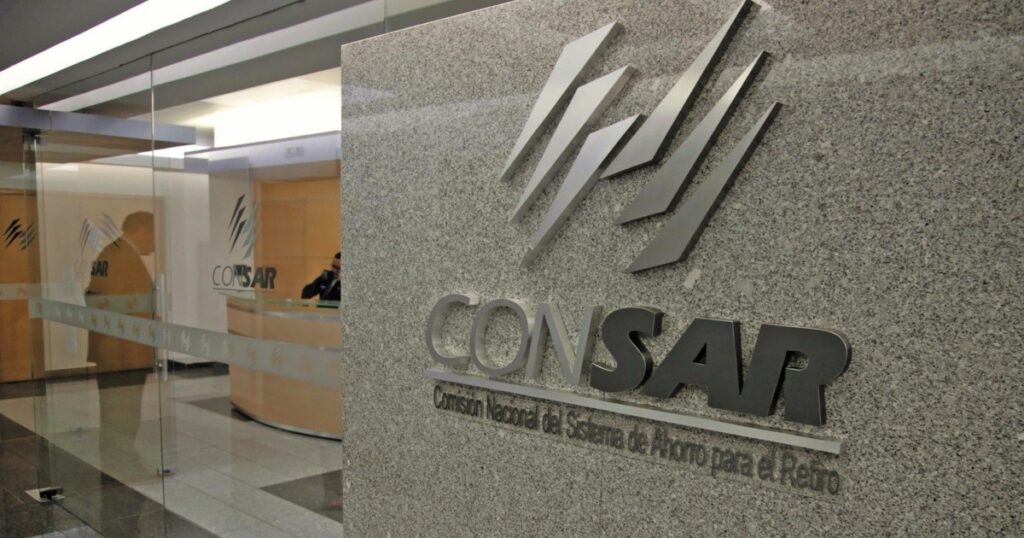The United States Coast Guard repatriated 143 cuban rafters this Tuesday, as a result of ten rescue operations carried out last week, for which there are already 605 people returned in this month of December alone.
The illegal migrants, whose sex and age are not specified, were intercepted between December 21 and 23 in the seas south of Florida, and returned to Cuba by the coast guardsmen Charles David Jr. and Richard Etheridge, according to detailed the US authorities.
Once aboard the Coast Guard vessels, the rafters received food, water, shelter and basic medical care, according to the entity itself.
#BREAKING: @USCG Cutter Charles David Jr. & Cutter Richard Etheridge crew’s repatriated 143 Cubans to #Cubatues.
“Anyone attempting to illegally migrate by sea will be interdicted and returned to their country of origin.” –Lt Ives
Read: https://t.co/yjiMvickXc@USEmbCuba pic.twitter.com/QmkQ6HILDQ
—USCGSoutheast (@USCGSoutheast) December 27, 2022
The US authorities have insisted on the danger of migrating in this way, and affirm that from October 1 to date they have intercepted a total of 3,839 Cuban migrants at sea, which represents more than half of all those captured ( 6182) in fiscal year 2022, ending in September.
In addition, said figure is overwhelmingly higher than those recorded in fiscal years 2021 (838 captured), 2020 (49), 2019 (313), 2018 (259) and 2017 (1,468).
“Coast Guard teams and our partner agencies maintain an active presence in the Florida Straits, Windward and Mona Passages to save lives and promote safe and legal migration. Anyone attempting to migrate illegally by sea will be intercepted and returned to their country of origin,” said Lt. Connor Ives, Coast Guard District Seven.
Cuba is undergoing a sustained wave of migration, multiplied not only in the number of rafters who venture across the Straits of Florida, but also by those who make the overland journey through Central America to the US-Mexico border.
The US Customs and Border Protection Department (CBP) registered the arrival of 224,607 Cubans in that country from October 2021 to September 2022, according to reports from the Spanish news agency EFE.
Havana points to the Cuban Adjustment Act as a reason for its citizens to try to reach North American soil irregularly, by land or sea. This regulation allows access to permanent residence to those who remain at least one year in its territory.
To this should be added the serious economic crisis that the country is experiencing, exacerbated by the COVID-19 pandemic, US sanctions and internal difficulties and inefficiencies, a situation that motivates many people to leave the island in search of better living conditions. lifetime.
